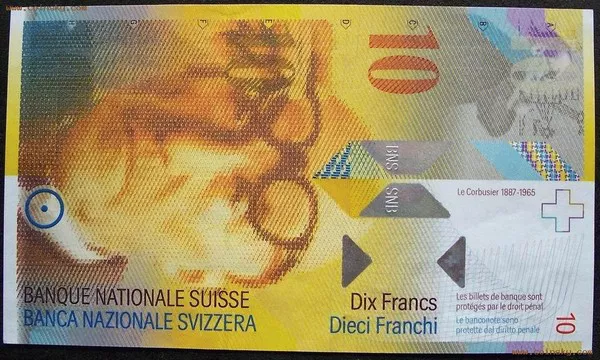Switzerland, renowned for its stunning landscapes, precision craftsmanship, and financial stability, is home to one of the world’s most respected currencies—the Swiss Franc (CHF). However, many people wonder why the currency is referred to as CHF instead of using the traditional three-letter abbreviation. In this article, we will delve into the history, linguistic origins, and technical aspects surrounding the naming of the Swiss Franc, shedding light on the intriguing story behind its designation.
1. The Linguistic Origins:
To understand the reasoning behind the CHF abbreviation, it is essential to explore the linguistic roots of the Swiss Franc’s name. The term “Franc” traces its etymology back to the Latin word “francus,” meaning free or independent. This term was adopted in several European countries, including France, as a representation of their monetary sovereignty. Switzerland, despite not being part of the European Union, also embraced the denomination due to its historical ties with neighboring countries.
2. The Helvetic Confederation:
Switzerland’s unique political structure, characterized by a confederation of cantons, played a significant role in the naming convention of its currency. The Swiss Franc, symbolized by the abbreviation CHF, represents the Helvetic Confederation’s commitment to national unity and neutrality. The Latin term “Confoederatio Helvetica” is engraved on Swiss coins and banknotes, serving as an official title for the country. It is from this Latin phrase that the abbreviation CHF derives.
3. The Historical Usage of Abbreviations:
Traditionally, currencies have been denoted using abbreviations derived from their respective names. However, Switzerland opted for a different approach due to its multilingual nature and the potential confusion that could arise from using a single language-specific abbreviation. By adopting the neutral, non-language-specific abbreviation CHF, Switzerland aimed to avoid favoring any particular language and maintain its commitment to linguistic diversity.
4. The Swiss Franc Code:
In addition to the CHF abbreviation, the Swiss Franc is also assigned a three-letter code based on the International Organization for Standardization’s (ISO) currency codes. The ISO 4217 code for the Swiss Franc is indeed CHF, aligning with the commonly used abbreviation. This standardization ensures consistency in financial transactions and international trade, allowing the Swiss Franc to be easily recognized and distinguished from other currencies.
5. The Influence of Latin:
Latin, known as the lingua franca of academia and the Catholic Church, has had a significant impact on the naming conventions of various fields, including finance. The use of Latin terms, such as “francus” and “Confoederatio Helvetica,” reflects the influence of this classical language on the development and symbolism of the Swiss Franc. This connection to Latin further reinforces the cultural and historical significance of the CHF designation.
6. The Global Recognition of CHF:
Despite being a relatively small country, Switzerland is internationally recognized as a hub for finance, innovation, and stability. The use of the CHF abbreviation for the Swiss Franc has become widely accepted and understood among financial institutions, traders, and investors worldwide. The distinctiveness and clarity of the CHF symbol have contributed to the global recognition and credibility of Switzerland’s currency.
Conclusion:
The Swiss Franc, represented by the abbreviation CHF, carries a rich historical, linguistic, and technical significance. Rooted in Latin etymology, the name “Franc” embodies Switzerland’s commitment to independence and neutrality. The adoption of the CHF abbreviation reflects the country’s multilingual identity and ensures linguistic inclusivity. By embracing this unique naming convention, Switzerland has established a global presence for its currency, reinforcing its reputation as a bastion of stability and excellence in the financial world.


